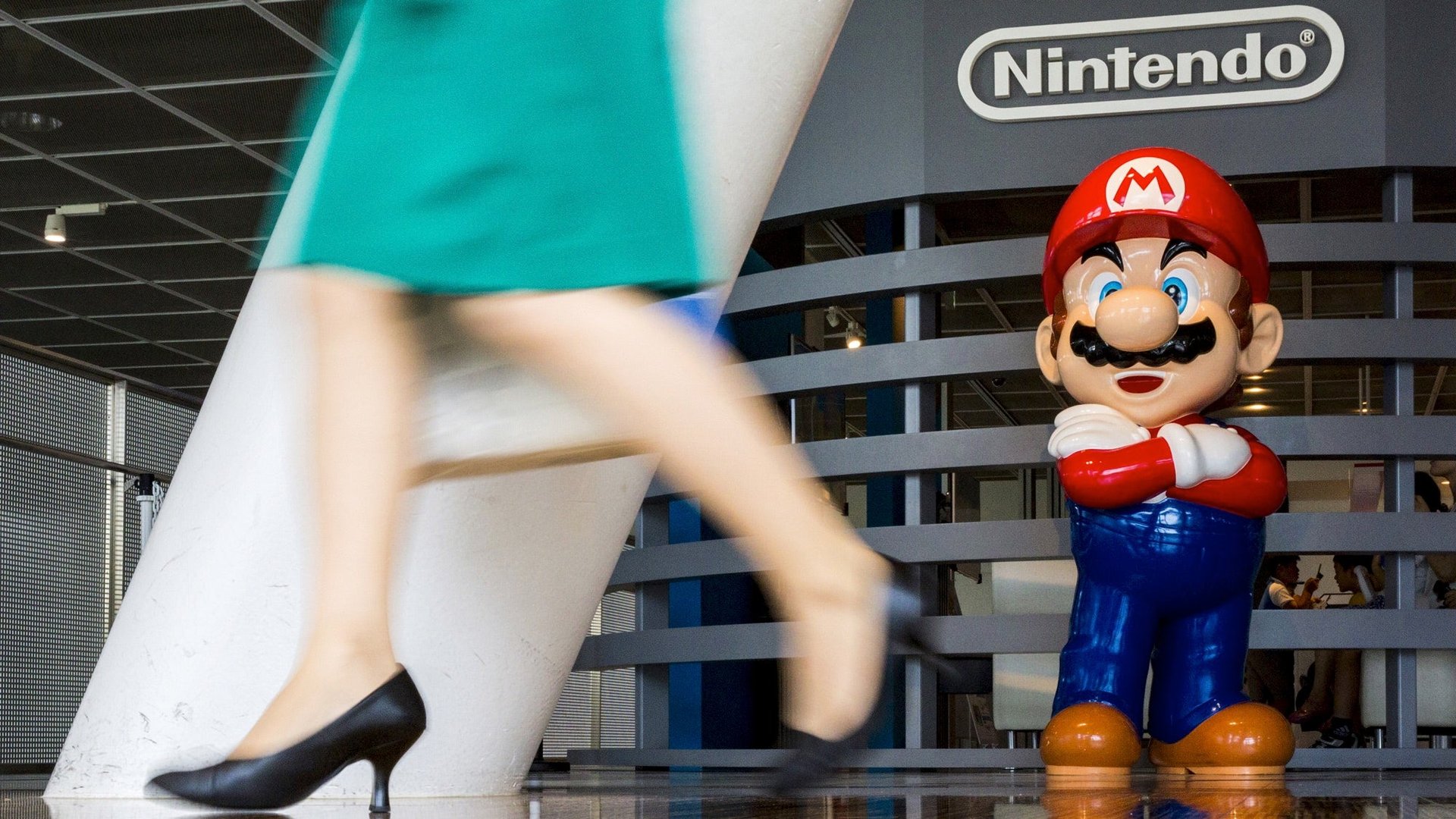Before Mario became the hero of Super Mario Bros, he was the villain
Sunday (Sept. 13) was the 30th anniversary of Super Mario Bros., one of the best-selling videogames of all time.


Sunday (Sept. 13) was the 30th anniversary of Super Mario Bros., one of the best-selling videogames of all time.
Its mustachioed everyman protagonist has gone on to star in over 250 games for Nintendo, and in pop culture lore, Mario is an iconic good guy, a hero. But before he left carpentry to start a Brooklyn-based plumbing company with his brother, before Bob Hoskins played him in a biopic of his life, and before he defeated Bowser to save the Mushroom Kingdom, Super Mario was, in fact, the bad guy.
The world was introduced to Mario—Nintendo’s Mickey Mouse—as the protagonist in the 1981 arcade game, Donkey Kong. Mario was then just the unnamed protagonist—only referred to as “Jumpman”—who was trying to save his girlfriend Pauline (who did get a name, but no sequels) from an irate ape with a seemingly endless supply of barrels.
A year later, however, Mario appeared in the game’s sequel, Donkey Kong Jr., and was far from heroic. This new game centered around Mario’s apparent desire for revenge against Donkey Kong—he had trapped the ape in a cage, brandishing a whip. The objective of the game was to help Kong’s son, Junior, to free his father from imprisonment.
To date, Donkey Kong Jr. was pretty much the only time that Nintendo has explicitly cast Mario as the villain.
But throughout his career in video games, Mario has never been particularly kind to his friend and part-time mode of transport, Yoshi. He’s also kept his brother sidelined over the years—only a couple of games have ever featured Luigi as the sole protagonist. And according to an interview with Donkey Kong’s creator, Donkey Kong Sr. was in fact Mario’s pet, which may make Mario’s whippings something closer to animal abuse than self-defense.
So maybe he’s not the hero the world has perceived him to be. Maybe the last 30 years have been part of a concerted effort by Mario’s PR team to turn his public image around, or at least camouflage it. And it’s worked: Mario games, bundled with consoles and on their own, have sold tens of millions of copies over the years.